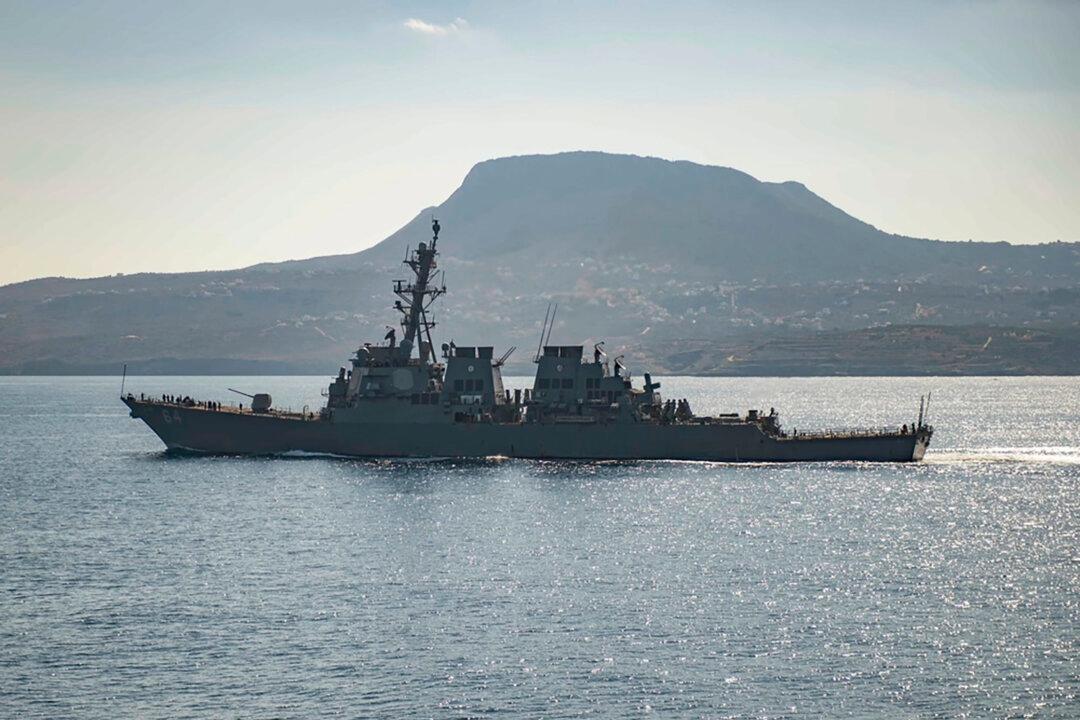The leader of Yemen’s Iran-backed Houthi rebels warned that American forces who target the country will be targeted by the militant group, coming after the U.S. announced an effort to respond to recent Houthi attacks on commercial ships.
“We will not stand idly by if the Americans are tempted to escalate further and commit foolishness by targeting our country or waging war against it,” Abdel-Malek al-Houthi, the leader, said in a televised speech Wednesday, reported the Reuters newswire service.





